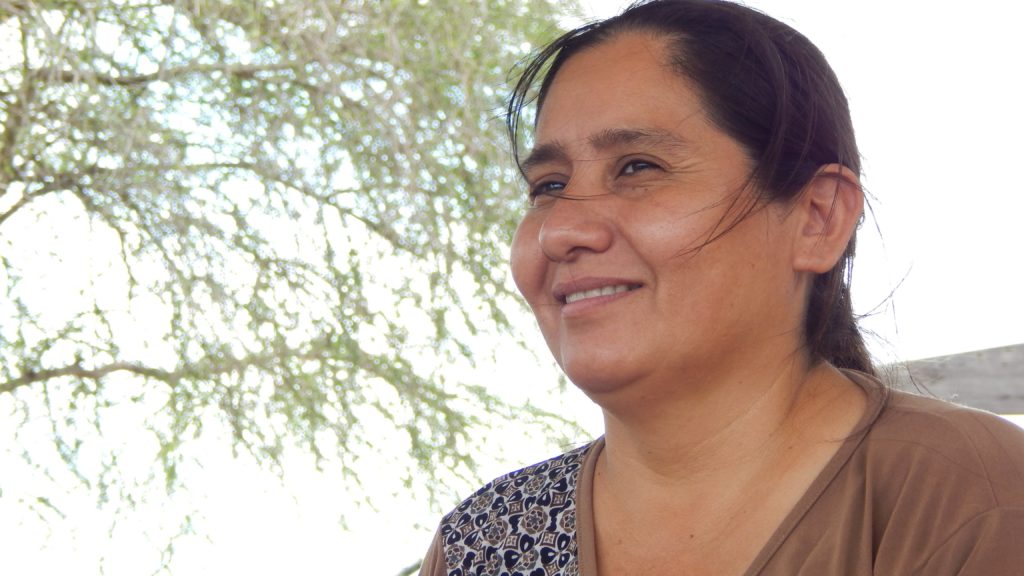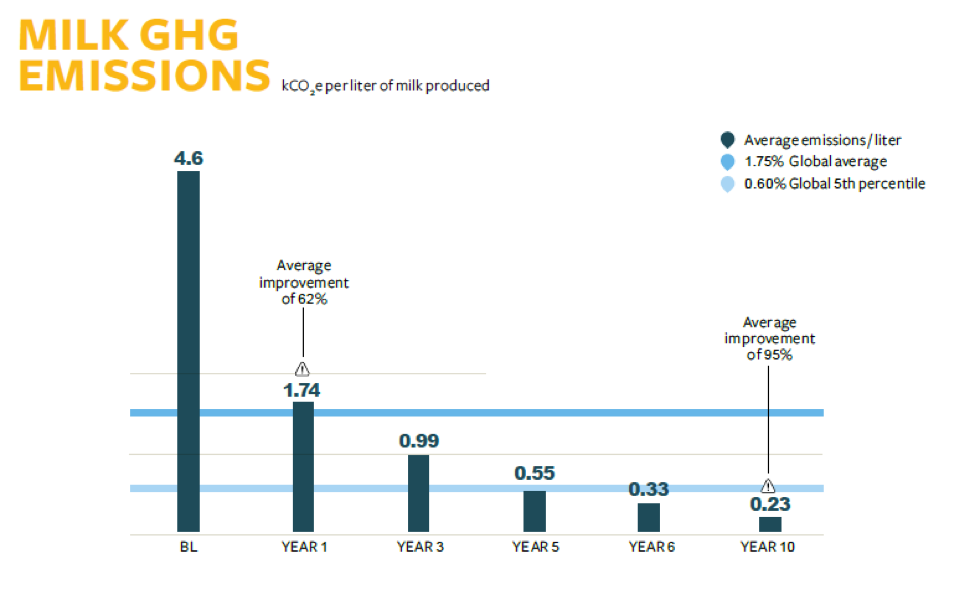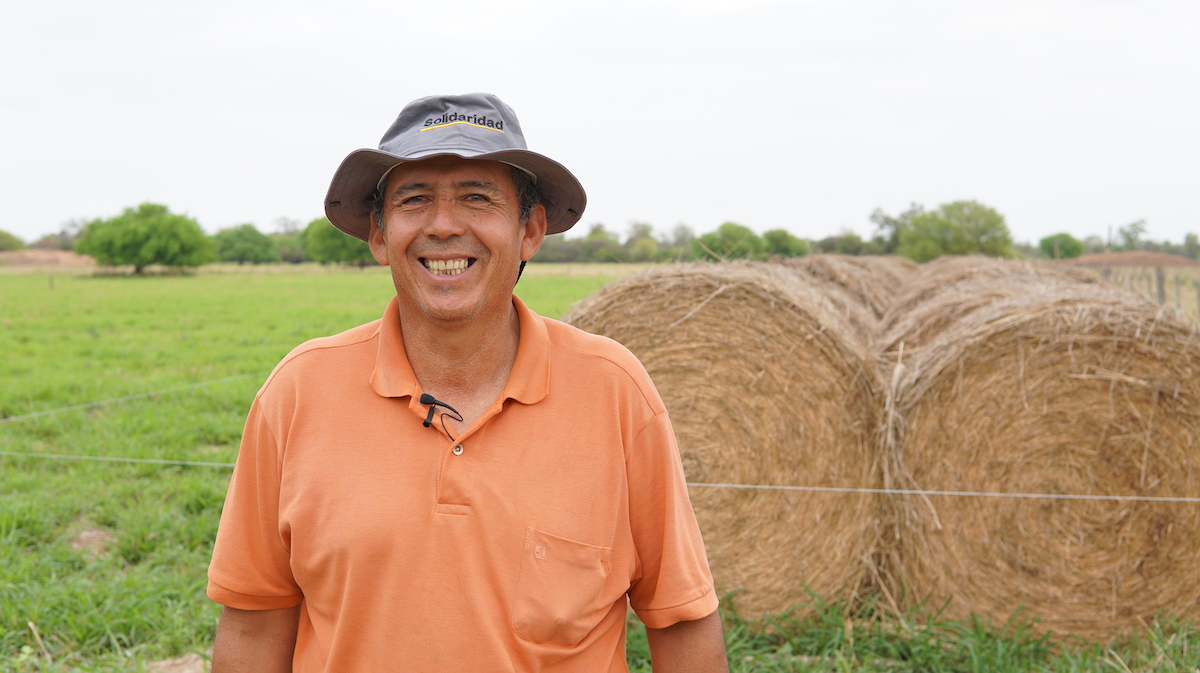A new study demonstrates the capacity of dairy farming in the Paraguayan Chaco region to reduce its GHG emissions and increase production. The publication features carbon calculations made during the implementation of the “Chaco Sustentable” project between 2017 and 2020, led by Solidaridad as part of the Advocacy for Change programme, financed by the Netherlands’ MoFA.
“Chaco Sustentable” was born as a land governance initiative that enabled a dialogue space for indigenous communities and small dairy cooperatives to work together with public authorities to increase their resilience to droughts and floods, intensified by climate change.

Empowerment and resilience in Chaco
Cooperatives, local government and communities teamed up for innovative climate solutions. For dairy farmer, Casilda, this meant new opportunities.
Through a participatory process, dairy cooperatives set a work agenda that prioritized stabilizing productivity through sustainable intensification. This entailed the recovery of degraded pasturelands; introducing trees, rotational grazing and animal supplementation; improving health and breeding techniques, and management systems to ensure farm sustainability.
In year one, the model achieved an increase of almost 17 percent in milk productivity. It also reduced GHG emissions by 29 percent per hectare of pasture, and by 63 percent per liter of milk produced.
By 2027, the model calculates that farmers can reduce GHG emissions per hectare by 92 percent, and by 97 percent per liter of milk produced, on average, with a 33 percent increase in milk productivity compared to the baseline.

in the Chaco Sustentable Project (Paraguay) compared to global benchmarks.
These GHG reduction levels are significant, and on par with best in class cases recorded worldwide, according to Imaflora, the organization who led the study.
If scaled up, this climate-smart model could contribute close to four percent of the entire Paraguay pledge to the Paris Agreement. It can also help decision-makers, consumers, and other actors in the dairy and beef value chains to realize the important role played by sustainable production in preventing climate change and meeting food demands.

